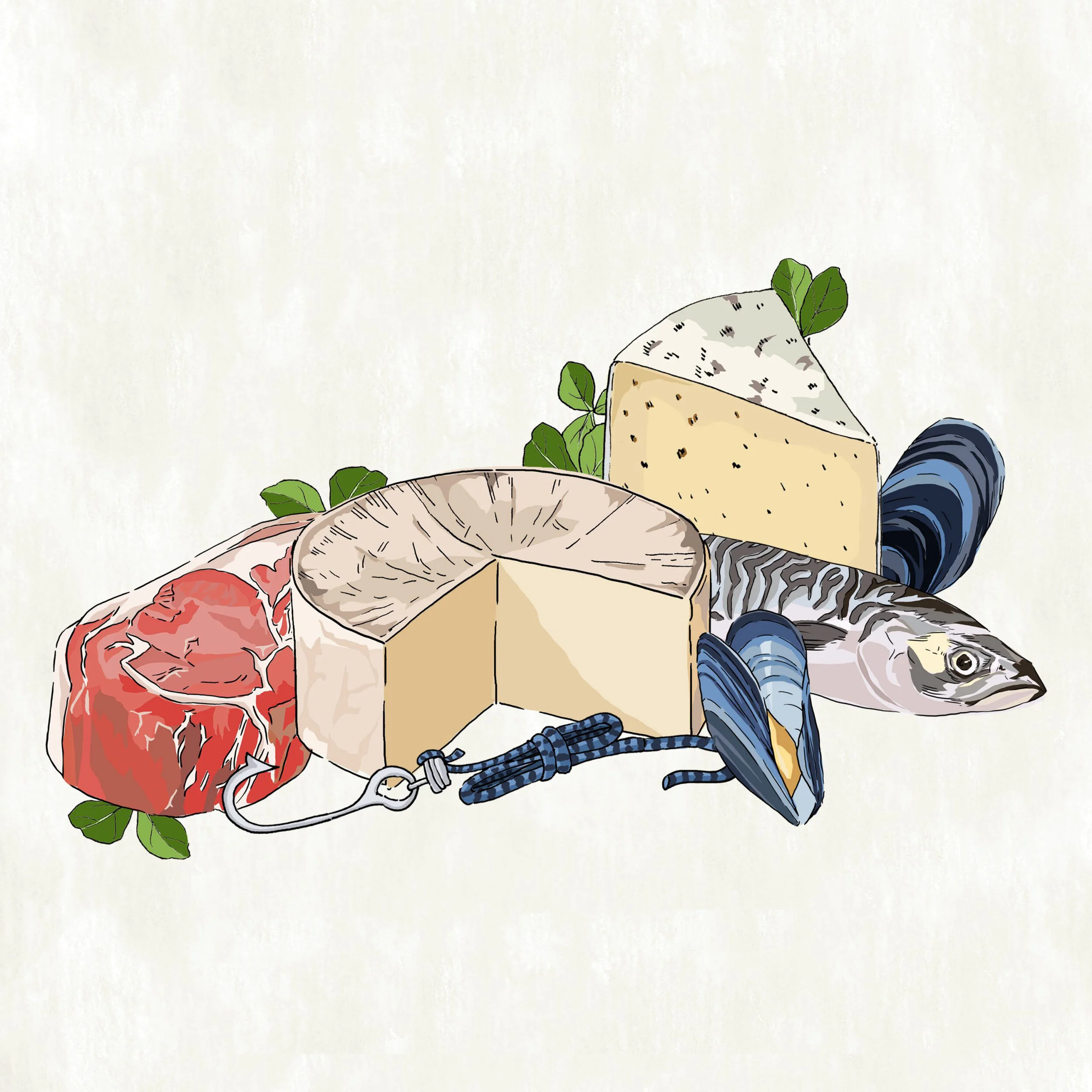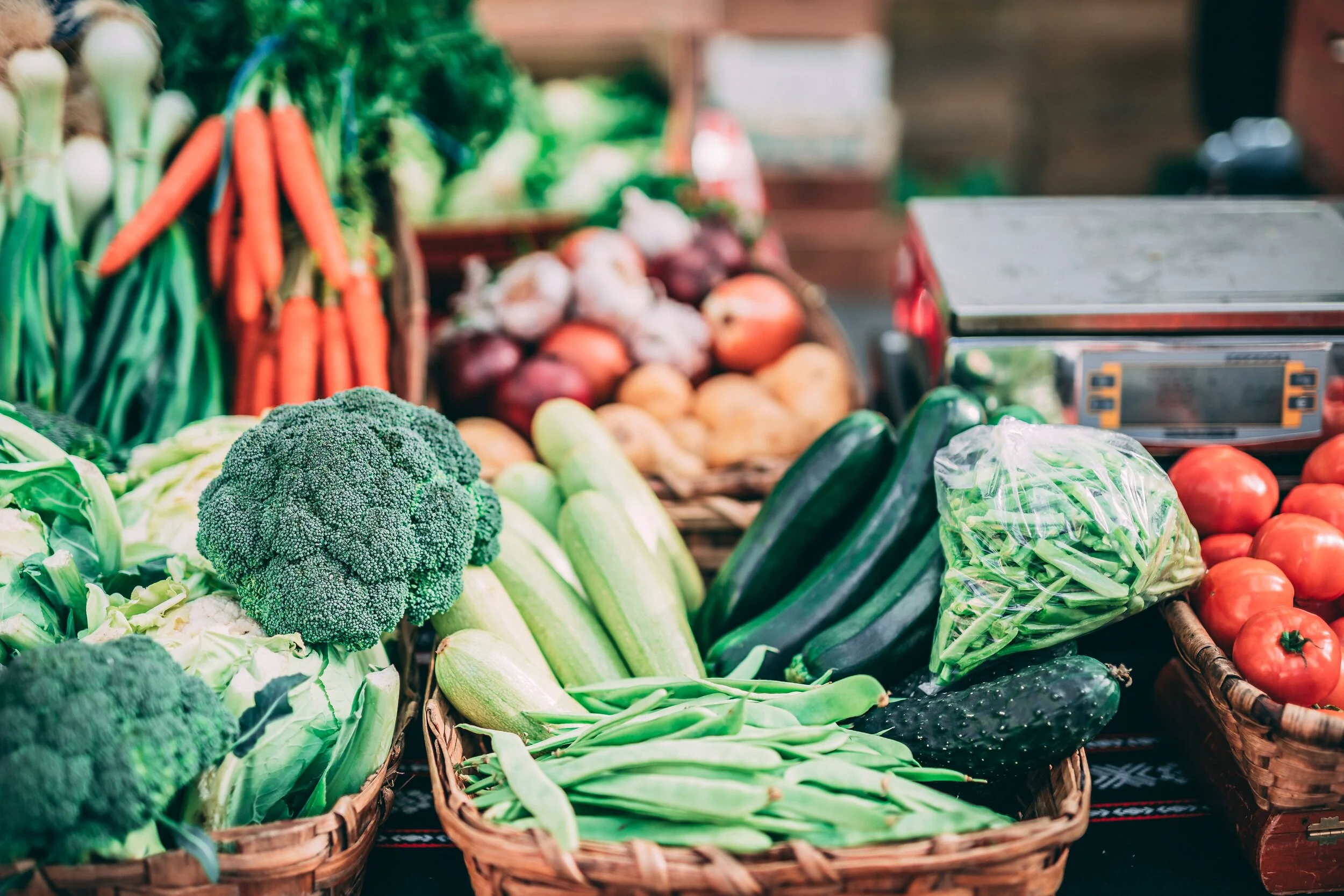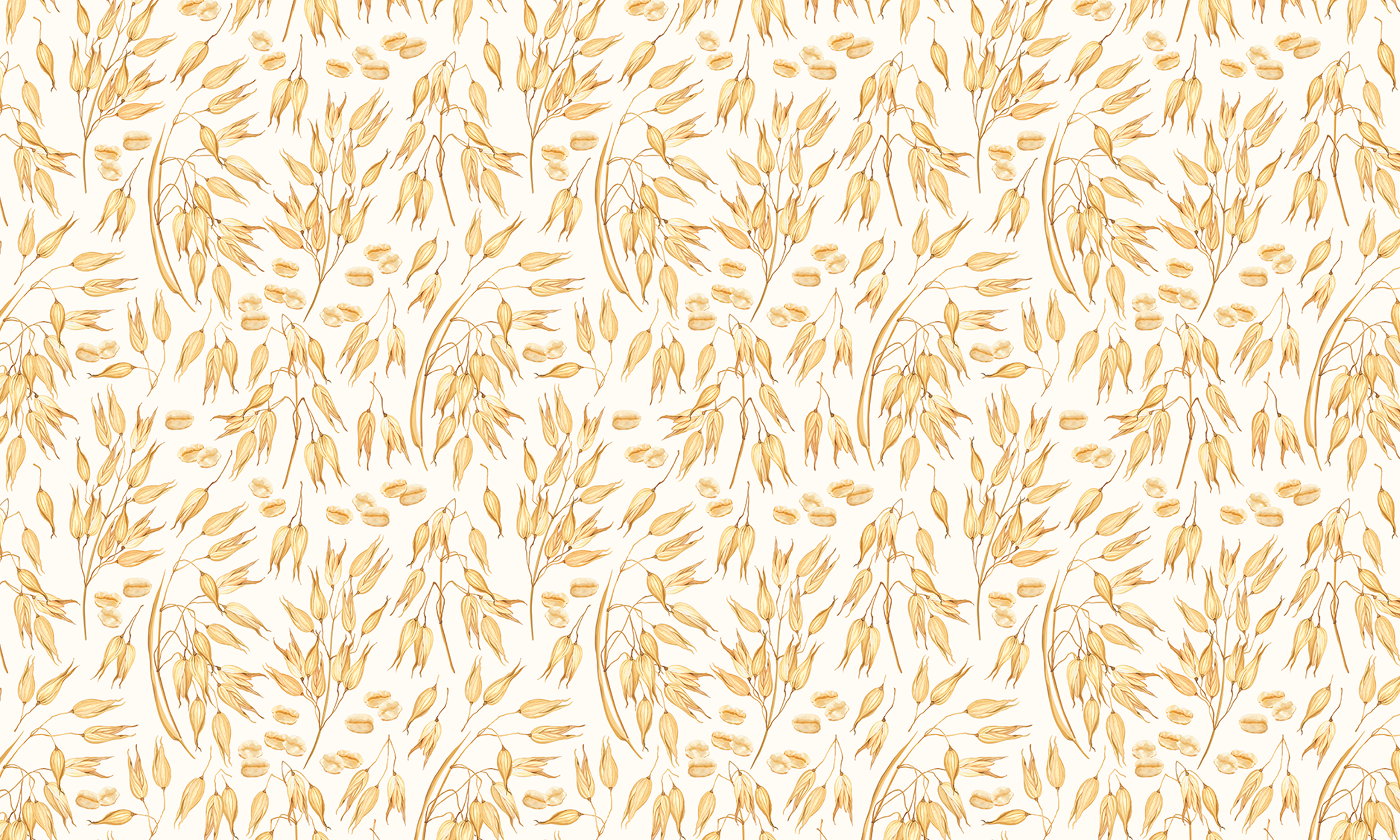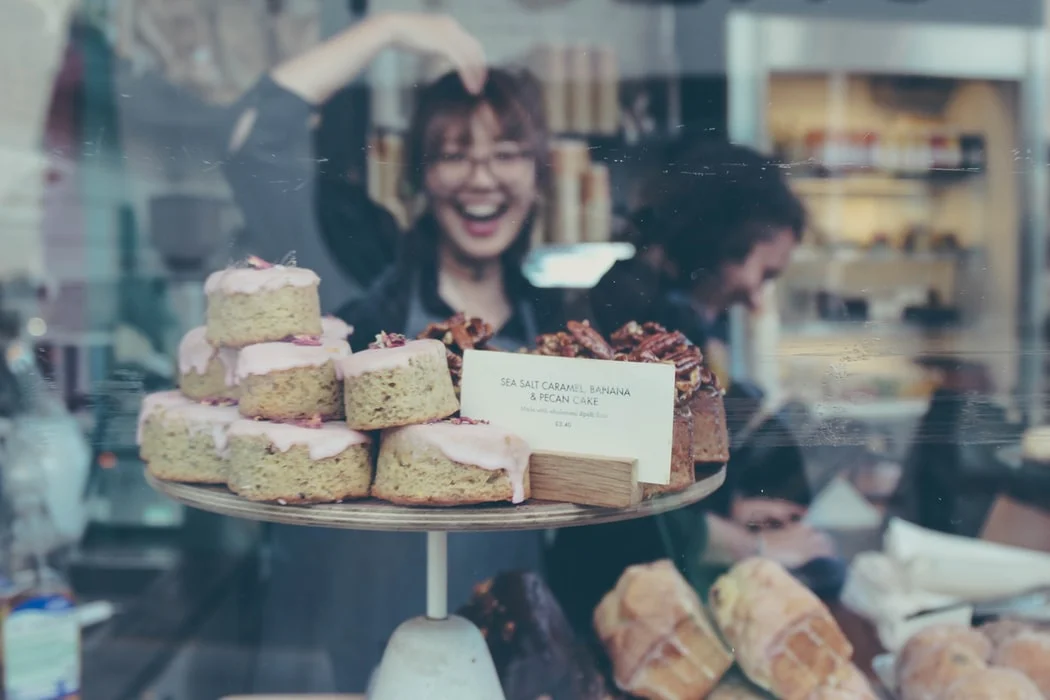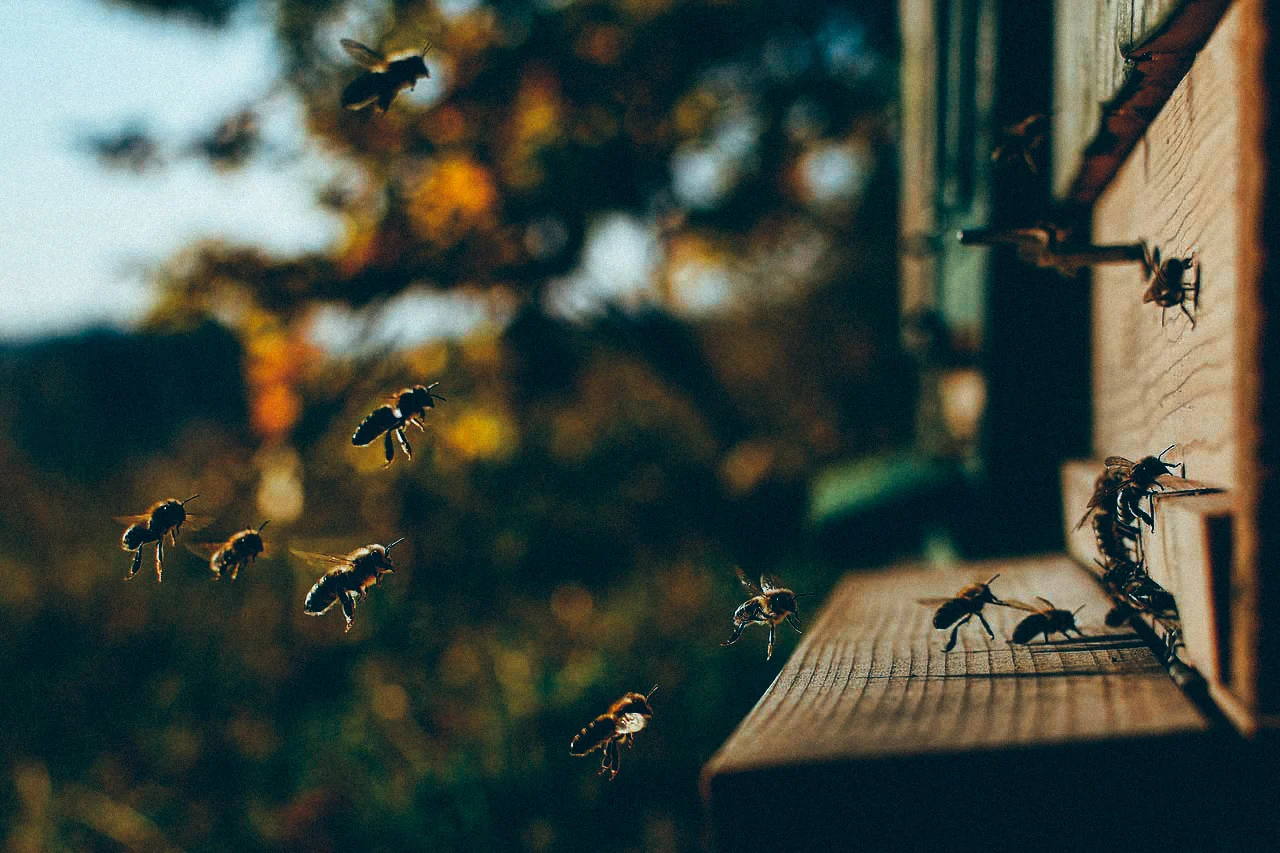It all starts with a seed. Even in the very first chapter of the bible, on the third day of the creation story, before living creatures can feed and thrive, it’s written: ‘Let the Earth bring forth grass, the herb yielding seed, and the fruit tree yielding fruit… whose seed is in itself’. Yet, despite being central to our survival, 75% of seed species have been lost in the last 30 years.
In the UK and many nations which suffer long-standing food insecurity, practices of saving native seeds, naturally resilient to the local terrain, have disappeared and an abundance of plants with them. Following this loss goes the farming, culinary and cultural traditions that grew from those seeds, flooded out by the high tides of a globalised food industry.
Gaia Foundation has been working with ‘Earth’s best custodians and defenders’ across Africa and the Amazon for the last 35 years, to restore and revive the knowledge and skills needed to protect nature’s greatest security net. Plants have not forgotten how to seed, but humans have largely let the memory of how to harvest these tiny, vital components, and their value, grow thin.
Food sovereignty is crucial in climate change mitigation, and therefore fundamental to ‘agroecological approaches to food growing [which] sequester carbon’. Localised, sustainable farming methods produce localised, sustainable seeds, which improve environmental, economic and human health; reducing dependence on low quality food grown in ecologically destructive ways and imported using gallons of fossil-fuels.
The small-scale farmers that Gaia Foundation work with use agroecological farming to feed over 70% of the global population, on a quarter of the land. Growing food in nutrient-rich soil produces nutritious food, which returns nutrients to the soil and its seeds, creating a virtuous cycle. Imagine if more than a quarter of the land was farmed in such a way…
The Seed Sovereignty programme was launched by Gaia Foundation to support a biodiverse, sustainable seed system in the UK and Ireland, ‘because a food revolution starts with seed’. Seed sovereignty is based on the principle of ‘seeds and biodiversity as commons and public good’ and the ‘right to breed and exchange diverse Open Source seeds which can be saved and are not patented, genetically modified, owned or controlled’ (Lexicon of Food).
Building national and international networks of local growers, knowledge and seeds are being shared, so that more food can be grown in ways that are good for people and the planet. Farming The Future supports the Seed Sovereignty programme, managed by Sinead Fortune, who told me more about what’s been happening and might happen next…
As part of Farming The Future’s 2019 grantpool, Gaia Foundation collaborated with the Landworkers Alliance and UK Grain Lab, to create a European network of organisations working with seeds, for sharing knowledge and resources. The events they planned were brought to a standstill by Covid-19, along with the rest of the world, and moved online.
With the limitations of Covid came different ways of manifesting, as Sinead describes, the “magic of being together in person”. A new format for the previously planned nationwide seed celebrations is likely to open them up beyond a specific place and time, and will hopefully bring ‘together’ more people on a smaller scale, to create a larger presence.
We discussed the “mushrooming” of community initiatives in response to the Covid crisis, and bonding between people and where we live. This shift is encouragingly aligned with the philosophy behind localised, small-scale regenerative models, replicable on a global scale.
“There’s been a lot of challenge and a lot of sadness, strengthening a sense of community… We’ve seen people looking after their neighbours and growing food, emerging as an instinctual, human response… We’re questioning where our food comes from.”
The network’s organic seed sellers saw sales soar by up to 600% (compared to last year’s season) at the peak of the crisis, when the food supply chain revealed its precariousness to so many people in the less usual places. As the initial impacts of the crisis becomes clearer, Sinead is curious to know the truth behind the spike in sales;
“We’re wondering if people were stockpiling… Seeds aren’t like toilet roll! They won’t last without specific storage conditions, and shelf-life depends on the seed, so we’re worried they’ll be left sitting in peoples’ drawers… But, supply chain issues in supermarkets have got people thinking about their food security and interested in growing their own food”.
Farming The Future’s Emergency Covid Response Fund enables the programme support its network of suppliers meet this enormous surge in demand, helping them to upscale in ways that build long-term resilience. Looking for the pinch points, it transpired that suppliers were struggling to process sales and package seeds safely and quickly enough.
The programme supported the organic, open-pollinated Seed Cooperative in redesigning their website to integrate one of the e-commerce platforms that are increasingly accessible, such as the new, online ‘local farmers markets’. Out of this will also come a simple, open-source, how-to guide for online sales tools best suited to localised, small-scale seed exchange.
Another major “bottleneck in the supply chain” is down to the lack of equipment in existence for processing seeds on a small-scale, due to industrialised agriculture pushing it out of production. Suppliers have been simply using small spoons suitable only for very small operations, so, with demand outgrowing the scale of supply, the Covid fund bought community-owned machinery, enabling seeds to be processed around 75% quicker.
The lack of equipment for small-scale seed production is a problem that the programme has set out to solve. Engaging a network of Welsh, rare heritage oat-growers and an engineer from the Scottish Highlands to search for heritage machinery, they’re embarking on a quest to reverse engineer a small-scale, oat de-hulling, open-source model ready for the 2021 harvest. So, if you have any rare knowledge on the subject, Sinead is eager to hear from you!
The idea that ‘growth’ can mean scaling down and scaling out, with smaller models and more of them, rather than bigger and less, is encouraging, as we tackle the many and complex problems caused by globalised industrialisation, and the prospects of trade between increasingly protectionist, sovereign states.
Looking at the smaller scale production of the past, at the same time as looking to the future for a picture of how these could be adapted into the modern world, seems like a wise way of moving forwards. Gaia Foundation has been learning from communities in the Amazon, where the culture of seed-saving is still a way of life;
“Industrial agriculture may be financially successful, but not so successful in conserving resources and nourishing people. It depends what we’re measuring… The global food industry is intrinsically insecure; short-term supply chain issues can easily come back with new waves of Covid, and could encourage protectionism, like the rice crisis in 2008 which was echoed by Vietnam stopping export at the start of the pandemic. This is what we’re realising on seeing empty shelves at the supermarket.”
The Seed Sovereignty programme supports community growing projects, like seed banks and allotments, as well as commercial growers. Sinead told me about the Glasgow Seed Library, whose organiser, having cancelled their May seed-swap event due to Covid, cycled around Glasgow delivering the seeds so they would still be planted for next season’s yield. This has inspired others to start seed libraries in Edinburgh and Perthshire.
“Community seed saving is the basis of food sovereignty; it’s the scale at which we work, as social animals who have built communities up to a global scale… It’s a strange time, with a lot that’s really disheartening at the moment on a higher political level, but there’s a lot of really inspiring things happening on a community level. And in order to sustain hopefulness for the future that’s where we need to focus.”
To increase the growth of open-pollinated, organic seeds, more growers and cooperatives are imperative, and the more localised these are, the more robust the seeds will be for their respective environments. The Seed Sovereignty programme actively supports community initiatives with an abundance of resources, like this introduction to seed saving, and through access to seed selling models and networks.
As a Glasgow-based community gardener, Sinead would find people feeling afraid of trying to grow plants and save seeds; “we think we need to know everything first, but it’s better to just do it and give it a chance – they might live, they might die, but making mistakes is part of the learning process… The plant is driven to reproduce and bring forth the next generation, so it will do that by whatever means it can. Our task is to facilitate that process."
With the 2020 Farming The Future grantpool underway and lots of ideas coming out of the online convening in May, which, as Sinead says, was “structured and held so well, with so much engagement and interesting knowledge being shared”. She is working on potential collaboration with regenerative farming educators to include seed training, to widen the reach of the course conducted by the programme.
“Nurturing the strong connections between the movement, it’s possible to represent many of our organisations and knowledge through one another. The Farming the Future fund and ideas coming out of it have a different feeling… not like a bunch of organisations competing for funding; we all have our specialisms and all rely and depend on each other, so we’re all working together in collaboration to try and figure out the best way forward. That’s very unique and very skilful to have created the fund that way. It’s easy to talk about doing that but much more difficult to actually do it that way. It’s very exciting.”
Head to the Seed Sovereignty Programme and Gaia Foundation websites, Twitter or Facebook Page for a wealth of information about seeds and the work they do, including many wonderful mini documentaries, such as the Seeds of Freedom Trilogy.









